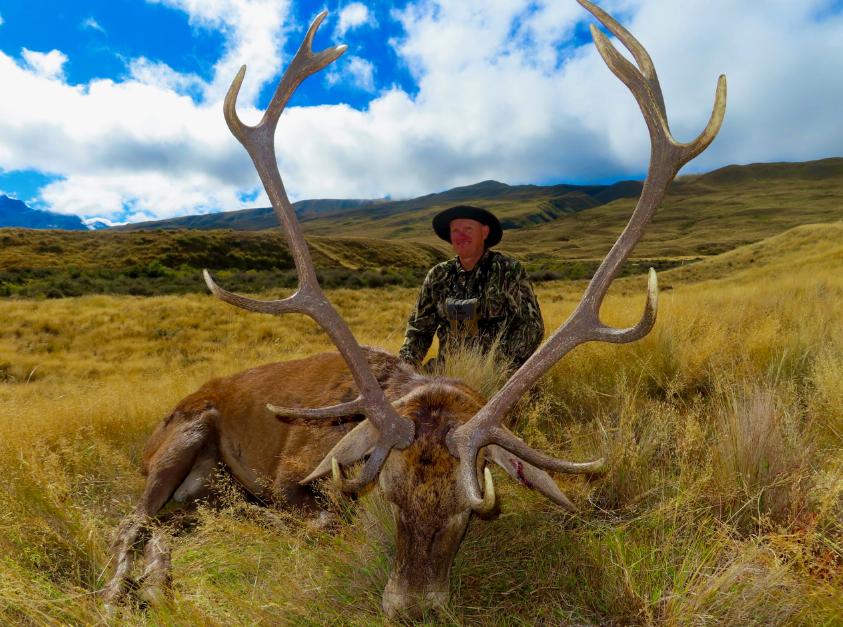In today’s world, where environmental concerns are at the forefront of global discussions, the concept of free range hunting emerges as a contentious yet intriguing topic. While the idea of hunting may evoke images of exploitation and environmental harm, when approached responsibly, hunting can actually be a sustainable practice that fosters conservation efforts and preserves ecosystems.
Understanding Free Range Hunting
Hunting involves hunting wild animals in their natural habitats, where they roam freely and live according to their natural instincts. Unlike hunting in confined spaces or on game reserves, hunting allows animals to maintain their natural behaviours and contributes to the overall health of their populations.
In the context of an African hunting safari, hunting takes on a unique significance. Africa’s vast landscapes are home to a diverse array of wildlife, from majestic elephants to graceful antelopes. Engaging in hunting in Africa means exploring these untamed territories and immersing oneself in the beauty of nature.
Promoting Conservation Efforts
Contrary to common misconceptions, hunting can play a vital role in conservation efforts. By carefully managing wildlife populations, hunters help prevent overpopulation, which can lead to habitat degradation and food scarcity. Additionally, revenue generated from hunting permits and fees can fund conservation projects, including anti-poaching initiatives and habitat restoration efforts.
In the context of African hunting safaris, responsible hunting practices contribute directly to the conservation of endangered species. For example, hunting permits for species like the African elephant are issued selectively and with strict quotas, ensuring that only mature, post-reproductive bulls are targeted. This not only helps regulate elephant populations but also incentivises local communities to protect these magnificent animals and their habitats.
Fostering Sustainable Practices
Sustainability lies at the heart of free-range hunting. Unlike industrialised forms of agriculture, which often deplete natural resources and degrade ecosystems, hunting operates within the bounds of nature’s capacity to regenerate. By harvesting only what is needed and respecting the natural balance of ecosystems, hunters can ensure the long-term viability of wildlife populations and habitats.
In the context of African hunting safaris, sustainable practices are paramount. Hunters are encouraged to adhere to ethical guidelines that prioritise fair chase principles and humane harvesting methods. This not only enhances the integrity of the hunting experience but also ensures that wildlife populations remain healthy and resilient for future generations to enjoy.
Celebrating Cultural Heritage
Beyond its ecological significance, hunting holds cultural and historical significance for many communities around the world. For centuries, hunting has been ingrained in the traditions and identities of indigenous peoples, serving as a means of sustenance, spiritual connection, and communal bonding. By honouring these cultural legacies, free-range hunting becomes more than just a recreational activity; it becomes a way of preserving heritage and fostering intergenerational knowledge transfer.
In the context of African hunting safaris, cultural appreciation is an integral part of the experience. From learning about traditional hunting techniques to sharing stories around the campfire, participants gain a deeper understanding of the rich tapestry of African cultures and their intricate relationship with the natural world.
Conclusion
Free range hunting, when conducted responsibly and ethically, embodies a harmonious relationship between humans and nature. Through its promotion of conservation efforts, adoption of sustainable practices, celebration of cultural heritage, and preservation of ecosystems, hunting offers a holistic approach to wildlife management and environmental stewardship. In the context of African hunting safaris, it provides an opportunity to connect with the wilderness in a profound and meaningful way, while also contributing to the long-term preservation of Africa’s natural treasures. By honouring nature through hunting, we can pave the way for a more sustainable and ecologically balanced future.

